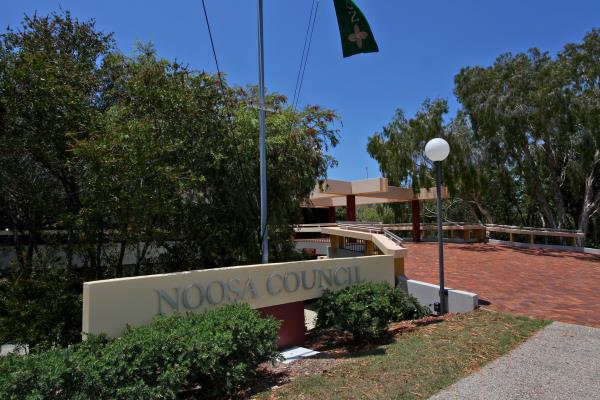Increased rate charges for short-term-accommodation (STA) properties and Council’s proposed discontinuation of the Tourism and Economic levy dominated feedback to the draft budget.
A special council meeting held last week discussed the issues raised as well as budget funding of climate action which Cr Brian Stockwell said was in response to concerns raised about inadequate funding.
The draft budget was published for community feedback on Council’s Your Say Noosa webpage for a two weeks ending 7 June.
During that time the site was visited 453 times by 364 visitors with most views occurring in the last three days of the consultation period.
There were 22 Your Say submissions with the majority relating to STA rates charges and the discontinuation of the Tourism and Economic levy, staff said.
Council also received 93 email submissions from residents, ratepayers, ratepayer groups, businesses and business groups with the majority focused on the same two issues.
At the meeting Council CEO Brett de Chastel said the proposed discontinuation of the tourism and economic levy would not affect council’s funding agreement with Tourism Noosa.
Council received 64 emails raising concerns that the changes would jeopardise tourism funding and the transparency of funding for tourism promotion.
Mr de Chastel said Tourism Noosa was funded $2.5m annually by council through a five-year funding agreement begun in 2017 that would come to an end on 1 July 2022. “That hasn’t changed,” he said.
Mayor Clare Stewart said council had apologised to Tourism Noosa for their concerns born out of miscommunication.
She said council and Tourism Noosa had a strong relationship that wouldn’t change and a funding agreement that wouldn’t change, and council was expediting the process to a new agreement with Tourism Noosa.
In response to concerns over transparency Council said the adopted budget would include specific details of the annual budget investment on tourism in addition to monthly reporting of actual expenditure through Council’s financial performance report.
Council also recommended the CEO report to the next round of Council meetings outlining a process to develop a new partnership funding agreement with Tourism Noosa, to allay concerns raised in the feedback regarding Tourism Noosa’s future funding allocation from Council.
Budget feedback included 17 emails relating to the proposed introduction of transitory accommodation rating for about 4,300 properties offered for short term accommodation. Council officers said responses were received from both impacted property owners objecting to the proposed increase for their property, and residents / ratepayers supporting the proposed rate charges as well as STA organisation Stayz, outlining concerns with the proposed rating changes.
Council’s officer said an “expert consultant” had been engaged to review the proposed STA rate structure that was similar to ones used by other councils including the Gold Coast.
He said the medium charge would be about $14 a week with higher value properties paying a higher rate.
At the higher end it would take them less than one day in rental fees to recoup the cost, he said. We think that’s reasonable and achievable, he said.
Climate action was not mentioned in the staff report on budget feedback, however Cr Stockwell said with council having declared a climate emergency in 2019 its budget did not adequately reflect the funding required for funding action.
He said council’s electricity agreement ran out in December and there was no reason for council not to be buying 100 per cent renewable energy.
Council’s fuel consumption should be reviewed and the organisation should lead by example, he said.
Councillors voted unanimously to transition council to 100 per cent renewable energy by the end of the financial year and transition their fleet to net zero emissions by the end of the year.
They also voted to develop an urban greening program for streets and pubic spaces to increase carbon drawdown and reduce urban heating.








